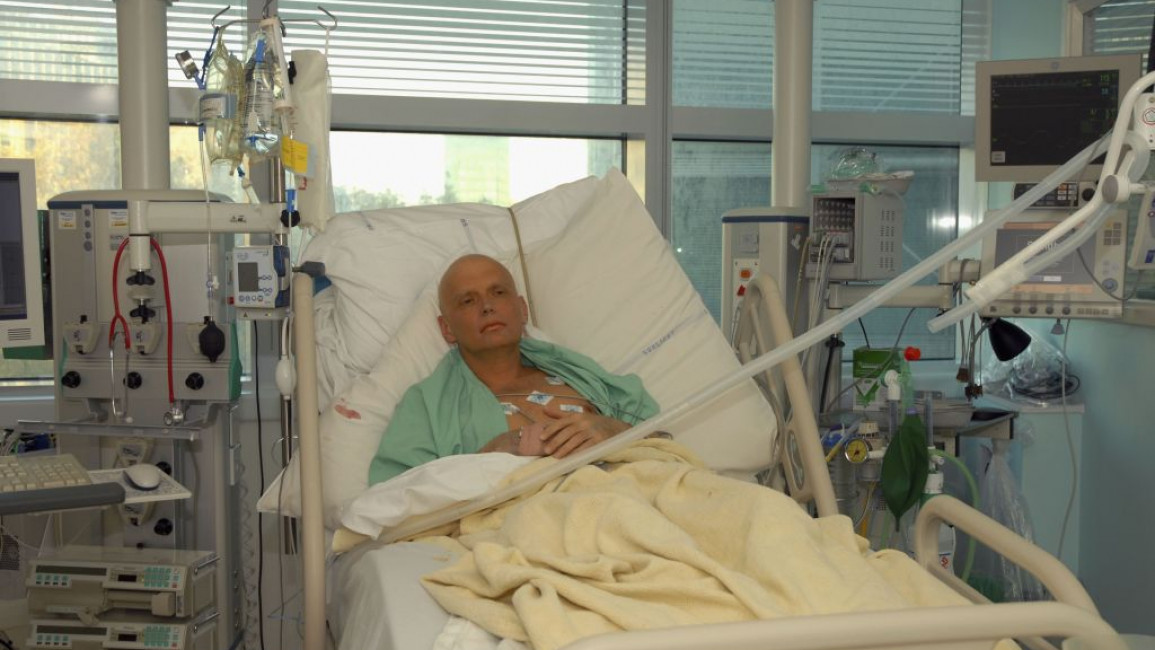Russia guilty of murdering dissident Litvinenko: Europe rights court
The European Court of Human Rights (ECHR) on Tuesday ruled that Russia was "responsible" for the 2006 killing in London of the dissident former agent Alexander Litvinenko with the radioactive substance Polonium.
Litvinenko died after drinking tea laced with the radioactive isotope at a London hotel in a case that has weighed on relations between Britain and Russia ever since.
Before dying, Litvinenko issued a message blaming Russian President Vladimir Putin for the poisoning.
"Russia was responsible for the assassination of Alexander Litvinenko in the UK," the Strasbourg-based court said.
Responding to a complaint brought by Litvinenko's widow Marina, the ECHR said it established "beyond reasonable doubt" that the assassination had been carried out by Russian citizens Andrei Lugovoi and Dmitry Kovtun.
The pair had travelled to the British capital with the aim of killing him, the court found.
"The planned and complex operation involving the procurement of a rare deadly poison, the travel arrangements for the pair, and repeated and sustained attempts to administer the poison indicated that Mr Litvinenko had been the target of the operation," it said.
It added that that there was also a "strong prima facie case that, in killing Mr Litvinenko, Mr Lugovoi and Mr Kovtun had been acting on the direction or control of the Russian authorities."
Russia had not attempted to show in the case that there pair were acting as part of a "rogue operation" and had also failed to rebut the case in favour of state involvement.
The court thus found "that Mr Litvinenko's assassination was imputable to Russia," it said.
Critics of the Kremlin see the Litvinenko killing as one in a line of assassination plots ordered by Russia, including the attempted poisonings of former agent Sergei Skripal in Britain in 2018 and opposition leader Alexei Navanly in Siberia in 2020. The Kremlin denies the charges.



